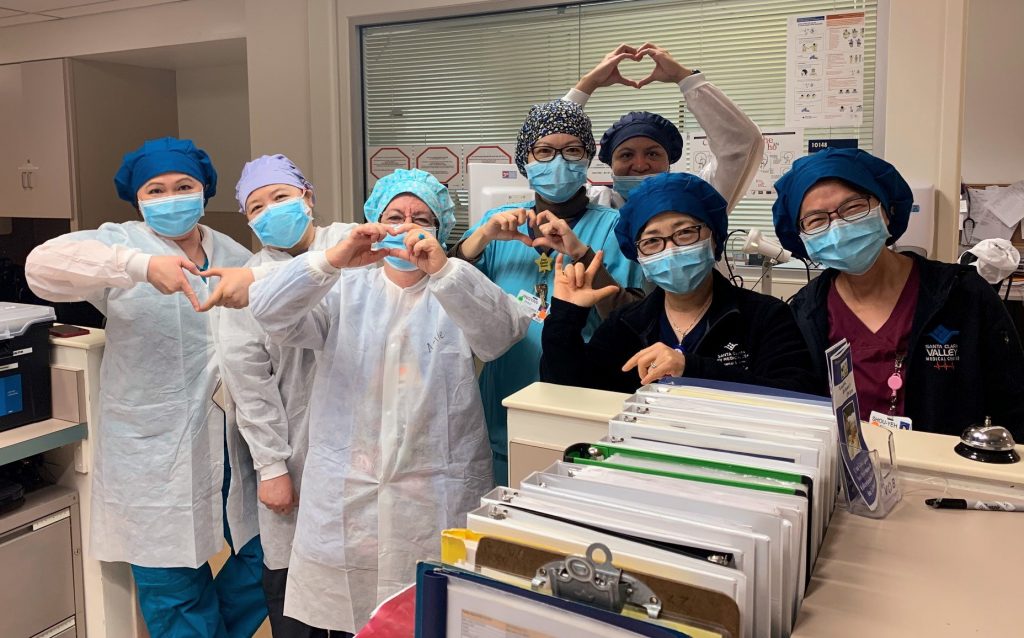Fast Facts
Foundation of the Safety Net
California’s 17 public health care systems serve as the foundation of the safety net, delivering care to all who need it, regardless of insurance status, immigration status, ability to pay, or other circumstances. Primarily, public health care systems serve individuals from historically marginalized communities, including persons of color, individuals experiencing financial hardship or homelessness, and individuals with complex social and medical needs.

Across public health care systems, nearly 60% of patients identify as persons of color and 37% of patients identify as Hispanic or Latino
Comprehensive Services
California’s public health care systems provide a comprehensive range of services, including primary care, outpatient specialty care, emergency and inpatient services, rehabilitative services, and, in some instances, long-term care.
Though accounting for just 6% of hospitals in the State, these public health care systems:
- Serve more than 3.7 million patients annually, a 30% increase since 2014
- Operate in 15 counties where more than 80% of the State’s population lives
- Provide 36% of all Medi-Cal and uninsured hospital care statewide
- Operate over half of all California’s top-level trauma and burn centers
- Provide over 12 million outpatient visits each year
- Operate more than 150 clinic sites
- Train nearly half of all new doctors in hospitals across the State
- Employ nearly 98,000 individuals
Public health care systems provide 36% of all Medi-Cal and uninsured hospital care statewide
In the communities served by public health care systems:
- 150,000 individuals experience homelessness
- 3.7 million individuals experience food insecurity
- 3.7 million individuals live below the federal poverty line
- 2.3 million individuals remain uninsured
The comprehensive services of public health care systems and collaboration with other county departments and community organizations are addressing these social needs.